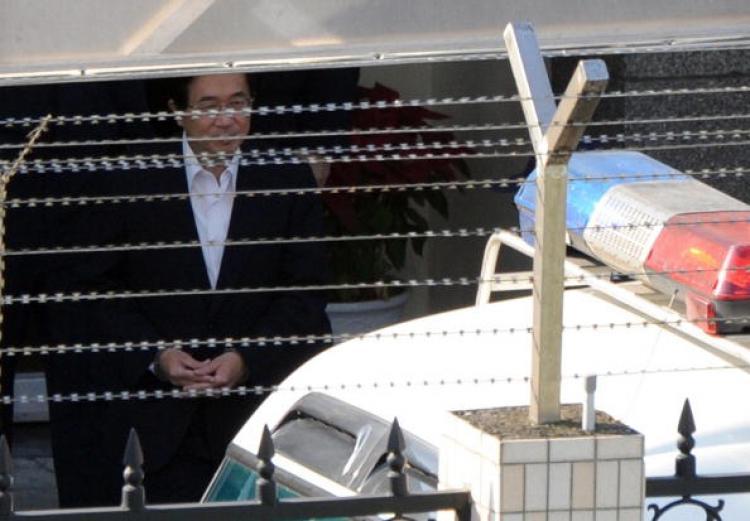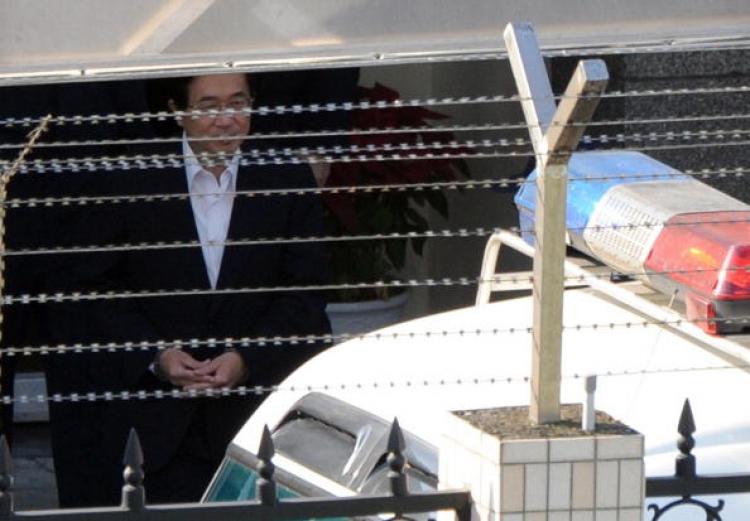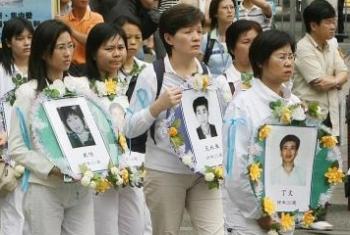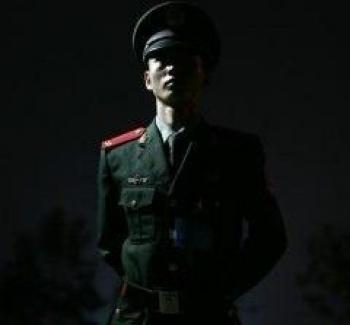Fair Trial Evades Former Taiwanese President
Passing his days in the Taipei Detention Centre must bring an awful sense of déjà vu to Taiwan’s former president Chen Shui-bian.
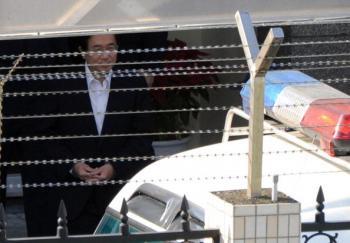
Taiwan's former president Chen Shui-bian leaves the Taipei District Court handcuffed for his corruption trial at Tucheng detention center on March 4, 2009. Sam Yeh/AFP/Getty Images
|Updated:
